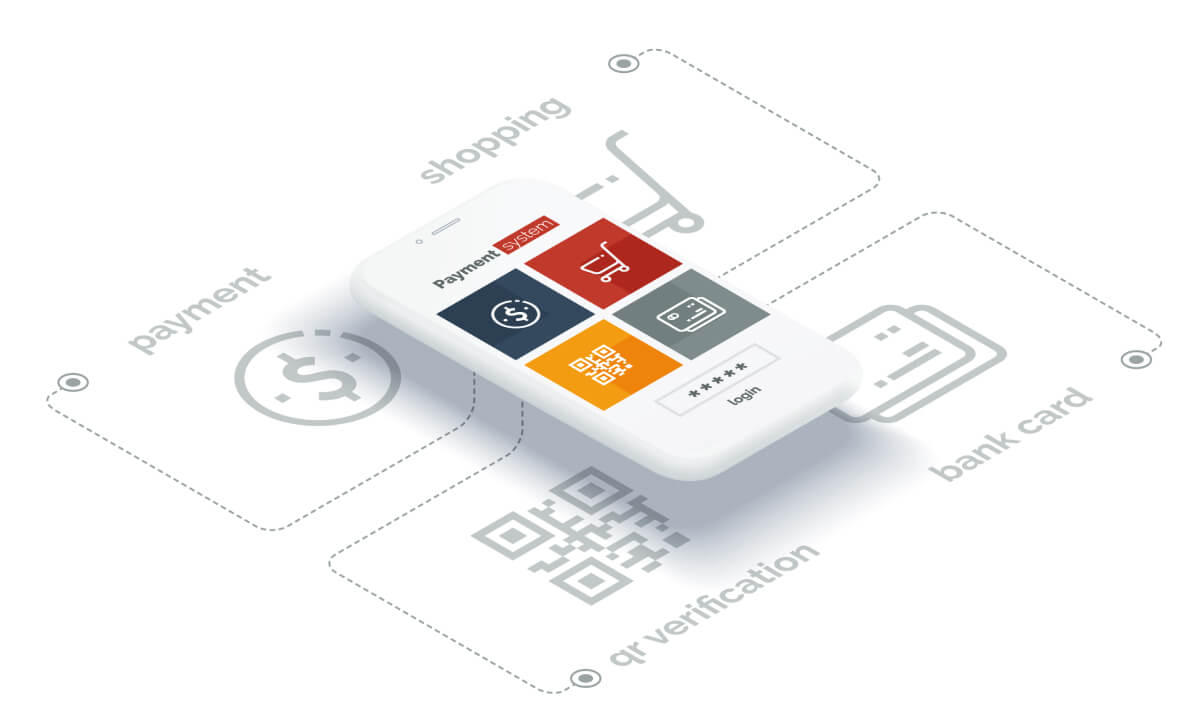Building out better B2B Ecommerce Strategies

With B2B Ecommerce forecast to grow at a compound annual rate of 17.5%, and due to make up close to 17% of all Ecommerce revenues in Australia alone, it certainly pays to be aware of the key success factors in building out a successful presence. Being aware of some of the key differences in purchase behaviour and the key motivators of B2B buyers can help you shape an effective solution:
UNDERSTANDING THE “WHY”
Operational Efficiency
The pandemic has given pretty much every business a reason to pause and evaluate how they are operating and look to drive efficiencies. Cutting out physical processing and handling of products is a key motivator for building out a B2B EComm strategy. Understand the nuances of the Accounts process and select a platform that allows you to mimic or improve these. Do your customers buy on credit, and does their credit limit and Accounts Payable balance determine the pricing structure and products they are able to purchase? Your chosen Ecommerce platform should support these processes.

Understanding your customer
This is not exclusively the domain of B2B Ecommerce, but the opportunity to build a better understanding of your customer and their purchasing behaviours is another key motivator. Often watching Ecommerce behaviour over time can raise to your attention key shortcomings of your positioning that can be improved or leveraged over time. A particular client, for example, may only be aware of a single product line. So, building a direct relationship with them via an EComm channel allows a business to better showcase their breadth and build your customers awareness of your brand over time.

UNDERSTANDING THE “HOW”
Changing how you detail and promote your products
- The decision making process in B2B Ecommerce, is generally driven far less on impulse and requires more of an informed decision making process.
- This generally means that Product detailing and demonstration is far more important than time based promotional messaging.
- This generally comes to life in on page content assets, like Explainer videos, outlining customer support options and similar client testimonials, to build affiliation and trust over time. Here’s an example: https://bedsmade.myshopify.com/pages/how-it-works
- Calls to action are more organisationally focussed (as opposed to promoting specific product features / benefits). This forges an emotional connection.
Catalogue and Pricing Complexity
- B2B sites are likely to have different catalogues and pricing tables for different customer types. Pricing is often complex and certainly not a case of one size fits all.
- There are different means of achieving the same result – Separate pricing tables, determined by login, or customer specific % discounts for example.
- Ensuring the EComm platform you develop has the flexibility to accommodate these nuances is key to adequately supporting existing B2B client relationships
Payment Models

- Often B2B Ecommerce does not require upfront payment, and purchases are placed against an Account, with a specific Credit Limit, to be reconciled at month’s end.
- This gives rise to a certain amount of complexity when determining Product availability and processing of each specific order.
- If your usual Accounts processing allows for a certain amount of manual approval, it can create a better customer experience to mirror this in the business logic of your B2B Ecommerce platform. For example – a customer orders an amount of a certain product in excess of their set Credit Limit. Business logic could be configured to allow for a certain level of manual over-ride, rather than a hard rejection of the order based purely on business logic.
CONCLUSION
Often B2B Sales have been established via a highly personal sales process, that involves a high level of human interaction over time. Making allowances for this kind of flexibility will ensure that you maintain a certain human element to your B2B Ecommerce platform and will no doubt result in a better customer experience in the long run.






